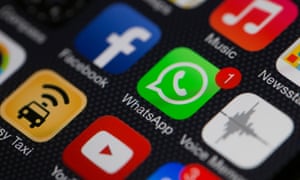
The article focuses on how the Prime Minister's spokesperson has stated that social media or online firms such as Facebook and Google are not doing enough when it comes to removing harmful content from their websites. Due to the recent London Terror attack, this debate has been re sparked and 10 Downing Street has stated that the government has always in the past urged this companies that they could do more and work better when it comes to harmful content or even when society's concerns are raised. After a recent hearing with Google, Facebook and Twitter, Yvette Cooper, the committee’s chair, offered a assessment of their record tackling extremist material which showed that their commitment to removing such content was lacking.
- Downing Street has called for social media companies to do more to expunge extremist material from the internet.
- The prime minister’s spokesman said firms such as Facebook and Google “can and must do more” to remove inflammatory material from the web and that it was up to them to respond to public concern.
- The London terror attack has reignited concern about the easy availability of material promoting violent extremism online, although No 10 said on Friday it was making a general point and that it was not not necessarily saying online material was a factor in the radicalisation of Khalid Masood
- Yvette Cooper said YouTube’s enforcement of its community standards was “a joke” and that Twitter and Facebook were too slow to deal with hate-filled content






